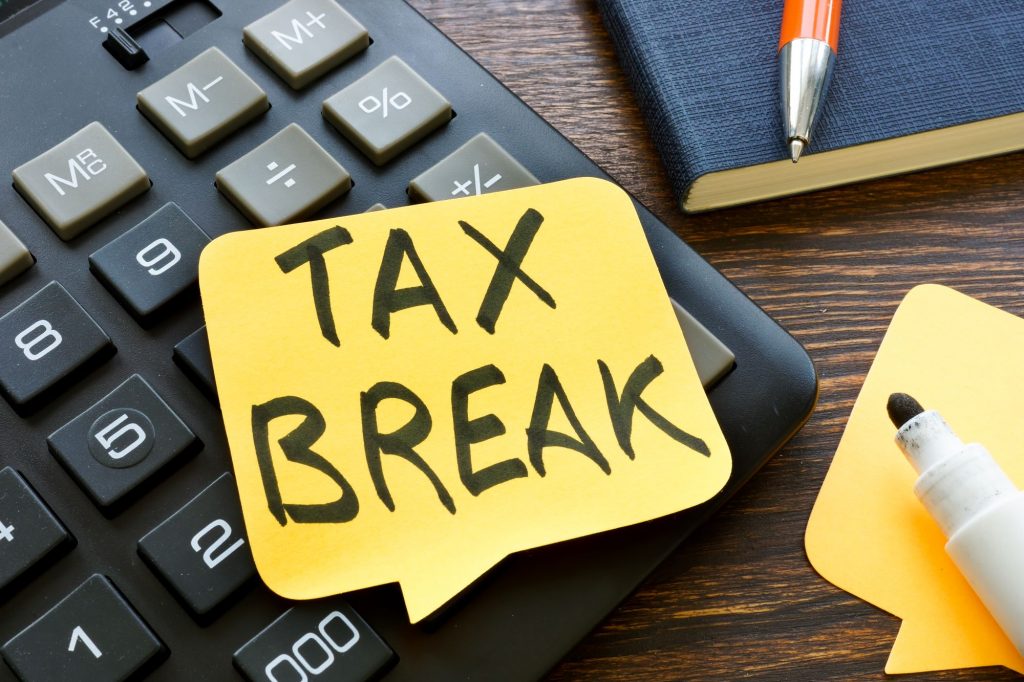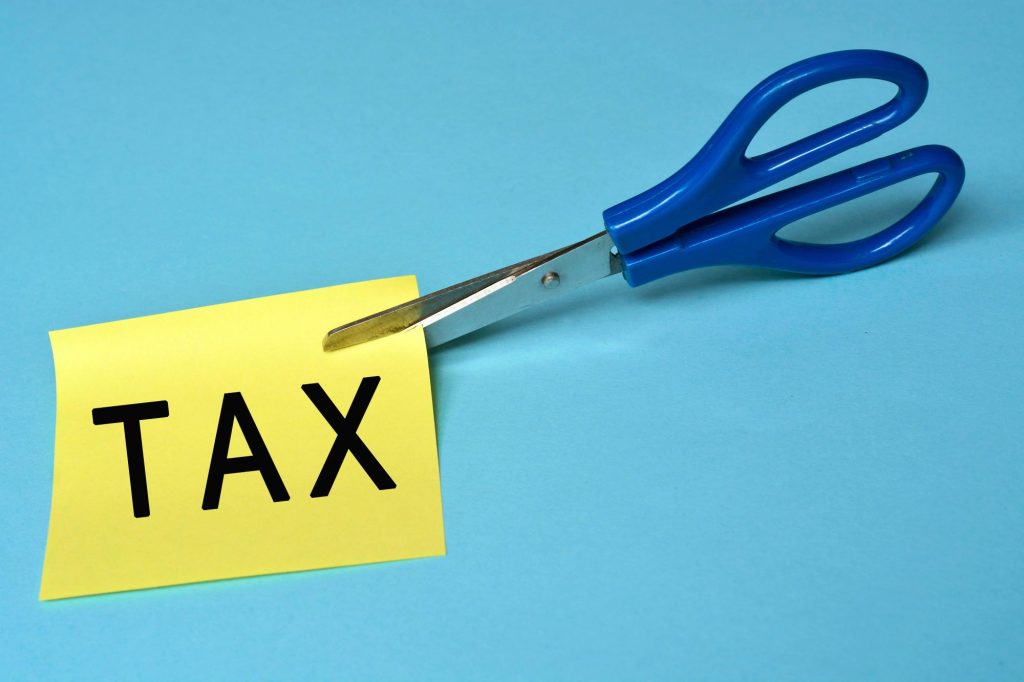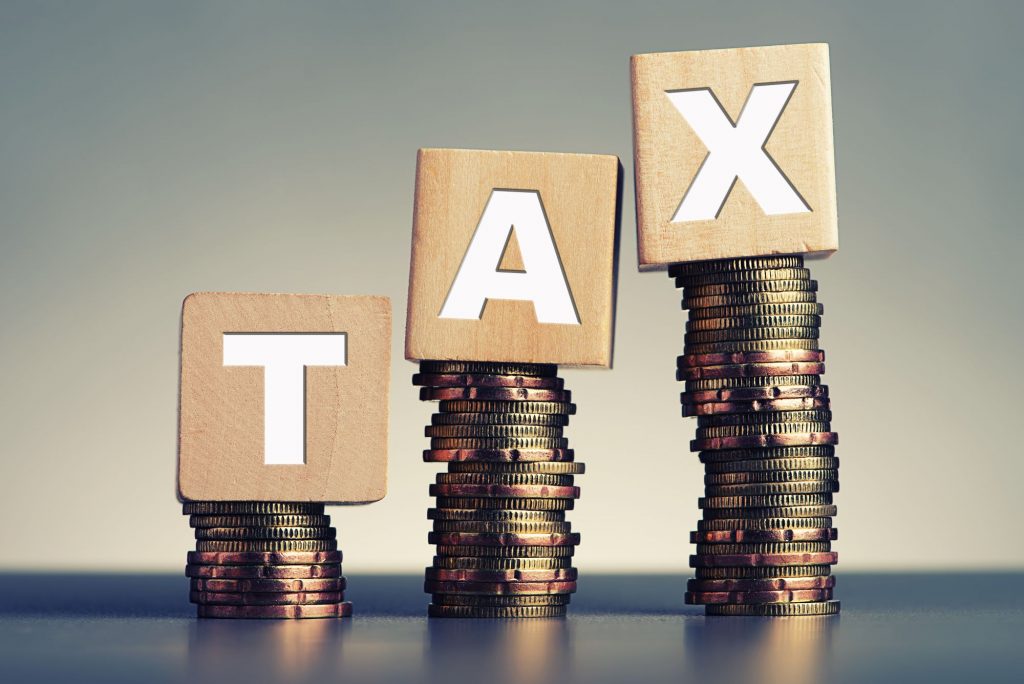7 Little-Known Tax Breaks for Adults Over 50

Securing your financial future is the number one retirement goal, especially as you enter the later stages of your career. Fortunately, there are many tax breaks available to adults aged 50 and older! These special allowances can provide monetary relief and contribute to a more secure retirement. If you’re an older worker, this is a great article for you. Here are seven little-known tax breaks, designed just for you.
NOTE: Tax laws are complex and subject to change. To ensure you’re making the most of the tax breaks you’re eligible for, consult with a qualified tax professional.
1. Bigger Standard Deduction

When you hit the age of 65 and file your taxes as an individual without itemizing deductions, you’re in for a pleasant surprise—an additional $1,750 deduction. You read that right. The standard deduction for adults aged 6 and older is $1,750 higher than for younger adults who file as individuals. And that’s not all. Married couples can also reap the rewards of a bigger deduction. If one member of the couple is over the age of 65, you can increase your deduction to $1,400. If both members are 65 or older, you can increase it to $2,800! An extra deduction can substantially reduce your taxable income, putting more money back into your pocket. Who said getting older doesn’t have perks?
2. Catch-Up Contributions

Saving for retirement is a vital aspect of financial planning, and the IRS actually acknowledges this. If you’re an older worker who has a 401(k) plan, you can actually make catch-up contributions. How does it work? Older workers can defer paying income taxes on $7,500 if they contribute that amount to a 401(k) plan. And you won’t have to pay taxes on that amount until you withdraw it from your account! And, thanks to the Secure Act 2.0, workers aged 60 to 63 will be able to make even bigger contributions in 2025.
3. Higher Tax-Filing Threshold

Did you know that older adults actually enjoy a higher tax-filing threshold? If you’re 65 or older and unmarried, you can actually earn up to $14,700 before you need to file income taxes. However, the threshold changes slightly for married couples. If one partner is 65, then the threshold is $27,300. If both partners are 65 or older, the threshold is $28,700.
4. Free Tax Assistance

If you haven’t heard of the Tax Counseling for the Elderly program, then you’re in the right place! This program gives adults aged 60 or older access to FREE tax help. Better yet, the TCE program utilizes IRS-certified volunteers who are experts on senior tax issues. In other words, you get free help and answers to all your questions!
5. Charitable Contributions Deduction

If you’re inclined to give back to your community or support causes close to your heart, there’s a financial silver lining. By itemizing your deductions, you can deduct charitable contributions up to 60% of your adjusted gross income. It’s a rewarding way to make a difference while reducing your tax liability! Please note that this only applies if you donate to an IRS-certified public charity. You should also keep a record of your contribution!
6. Credit for the Elderly and Disabled at-a-Glance

Low-income or fully disabled taxpayers may be eligible for the Credit for the Elderly and Disabled at-a-Glance. Individuals who qualify may be able to reduce their tax bill by way of this credit. The credit ranges from $3,750 to $7,500. For single individuals aged 65 or older, adjusted gross income must be less than $17,500. For a married couple filing jointly (and who both qualify), adjusted gross income must be less than $25,000. If only one spouse meets the qualifications, then the number is adjusted to $20,000.
7. Penalty-Free Withdrawals From Eligible Retirement Accounts

After reaching the age of 59 and 1/2, you can take penalty-free withdrawals from your retirement accounts without being subject to the 10% tax. For individuals who quit their jobs at age 55 or later, you can also start penalty-free distributions from the retirement account associated with your workplace.
Looking for more?

If you’re looking for more information about taxes, then check out our Personal Finance Blog!
Popular Articles About Tax
Originally published February 01, 2024








